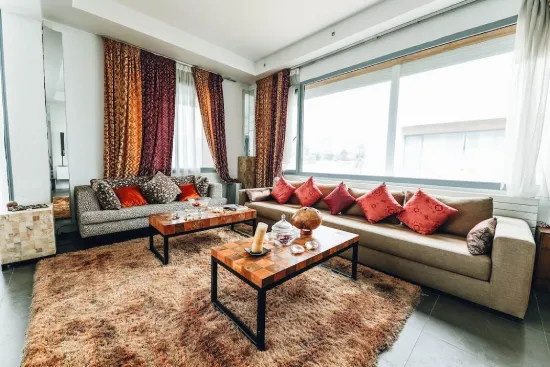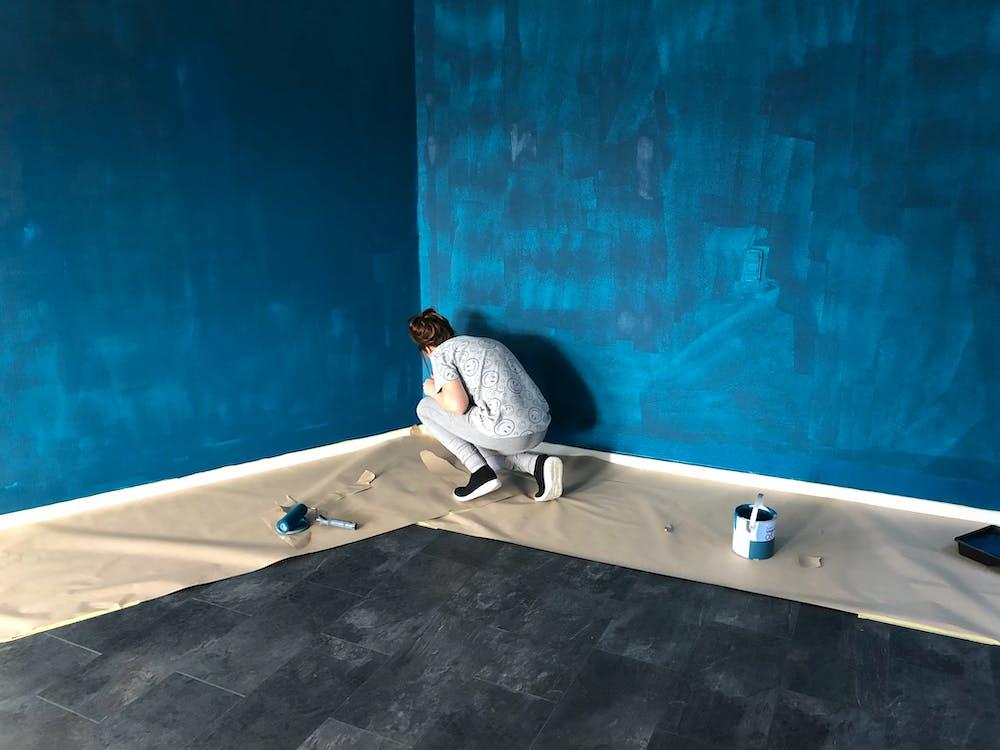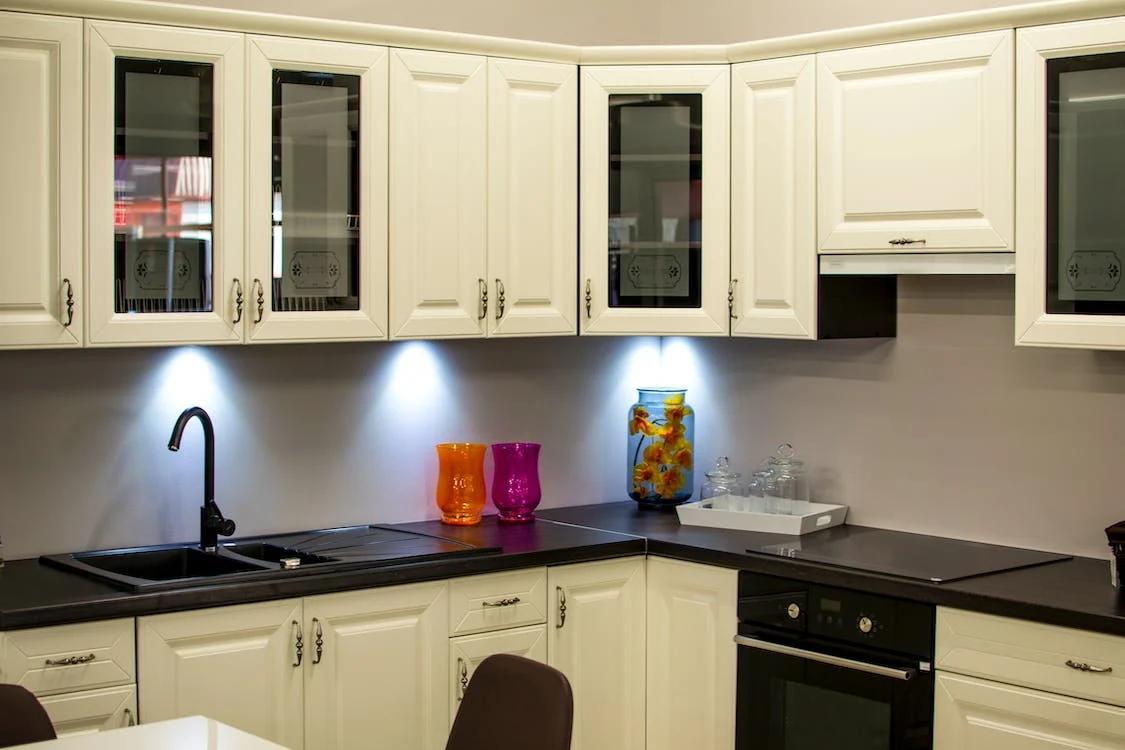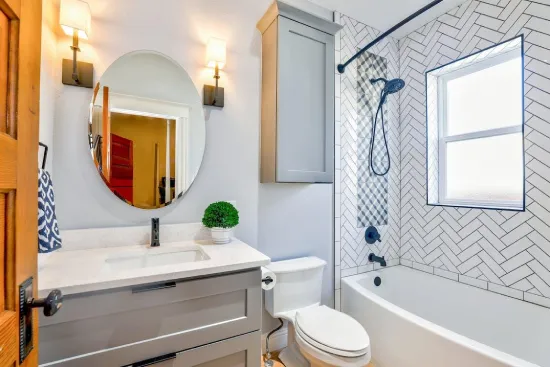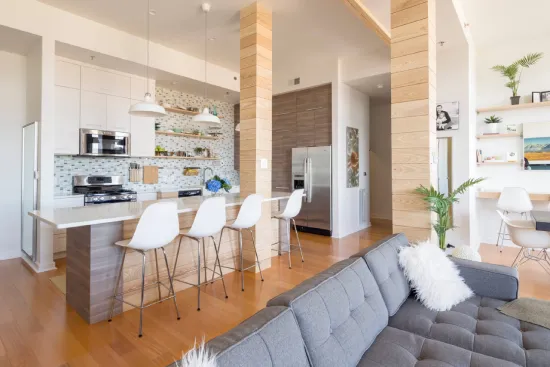Have A Clear Renovation Idea
You should have a clear idea about the scope of the renovations you want in your apartment before you reach out to the co-op board. Whether it’s a gut renovation or merely a cosmetic renovation can significantly alter the board approval process. Some co-ops may not even require board approval for pre-defined cosmetic renovations.
In contrast, gut renovations that may have an impact on the layout of the apartment, may have noise or other implications for the neighbors, or require changes in the electrical and plumbing system of the apartment, will require board deliberation.
Contact Your Building’s Managing Agent
The managing agent or another individual/entity responsible for the building’s regular maintenance and upkeep will have access to the latest alteration agreement drafted by the co-op’s lawyers and all the renovation-related requirements the building might have for its residents. The managing agent may also guide you on the best practices to get a renovation approved by the co-op board.
They may also guide you on renovations that might get quick approval and renovations that may require extensive back-and-forth with the board/building engineer. An efficient managing agent/management company can make the process of getting your renovations approved by a co-op board and the process of the renovation itself quite smooth. If they are not cooperative and communicative, you may have to increase the scope of your research.
Understand The Co-op Renovation Rules and Specifics of The Alteration Agreement
Each co-op will have specific rules about renovations. Some of these rules are common across almost all NYC co-ops, like wet-over-dry, which prevents co-op owners from changing the layout of their apartment so that their wet space (kitchen/bathroom) is above the downstair neighbor’s dry space (living room/bedroom), increasing the potential of seepage and water damage.
Even though it’s not a city-enforced regulation, you are unlikely to get renovation permission from your co-op board if your renovations include such a change of layout, which also includes adding new wet spaces.
There are building-specific rules as well, like installing a washer-dryer unit in your bathroom. Many of these rules and restrictions may be outlined in the alteration agreement the co-op board has prepared for its residents. Make sure you understand it. These rules may also entail when renovation can take place. Some co-ops prefer renovations during summer when there are fewer families in the building, and they may even have set times for when renovation activities can take place.
Talk to the Co-op Neighbors (Who Recently Got Their Apartment Renovated)
Neighbors who had their apartments renovated recently can be a great source of information, especially if their renovations are a close match to what you are planning. They can give you information on how long the approval process took in their case and which renovation elements they got the most pushback on. You will get a better idea if the neighbors aren’t board members themselves and are regular residents like you.
Find The Right Architect/Engineer
A licensed architect/engineer will be a key player in getting your renovations approved by the co-op board. They will also be responsible for pulling the DOB permits needed for the renovation. The architect can also initiate the formal request on your behalf and send a renovation plan to the board for approval.
They will be able to highlight the necessary renovation elements and the planned approach to the board in a way that will make it easier for the building architect/engineers to evaluate it. You will likely have better luck working with architects already familiar with the building.
Short List The Right Contractors
If you want to maximize your chances of renovation approval from a co-op board, it would be ideal to work with contractors or subcontractors recommended by the board or contractors that have already worked on renovating other apartments in the building.
This familiarity assures the board that the work will be carried out in a way that they approve of. If you choose the right contractors before you approach the board, it may make the approval process smoother (and faster).
Prepare A Compelling Formal Letter of Renovation to the Board
Once you have selected your renovation team and have a clear idea of what you want in your apartment renovations and what the building’s renovation rules are, you or your architect/engineer can draft a formal letter of request for approval of renovations in your apartment.
Even if you are the one drafting the letter, make sure you get your architect’s feedback on the technical aspects of the renovation, including the scope of work, permits, etc. This may help you draft something more concise and clear, making co-op deliberations easier.
Be Ready For Delay and Pushback
The co-op board approval process can take anywhere from a few weeks to a few months, and is influenced by factors like the scope of the renovation, how rapidly your board processes such requests, and reservations the building’s architect/engineer might have about your renovation plans and request.
Complex renovations that may have a significant impact on the building and your neighbors may take longer to get approved, and you may face more pushback from the board. However, taking a combative stand will not yield any positive results. Instead, try to be as cooperative as possible and answer any questions the board might have with clarity and promptness.
Try To Understand The Board’s Perspective
Lastly, it’s important to understand the board’s perspective. They are invested in the building’s integrity and value as an asset and are focused on smoothly running the building. Anything that has the potential to disrupt the building or disturb its other residents warrants their scrutiny.
They also want to work with known variables and entities, like contractors and architects, to ensure minimal fuss. However, most co-op boards welcome renovations, as it may improve the resale value of individual units.





